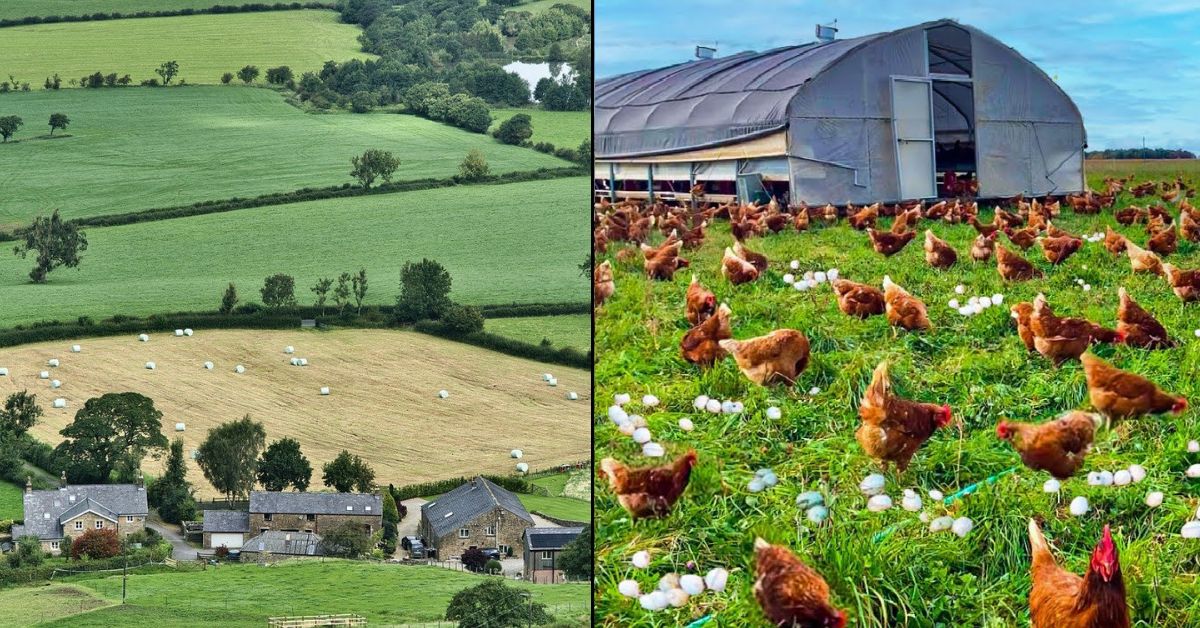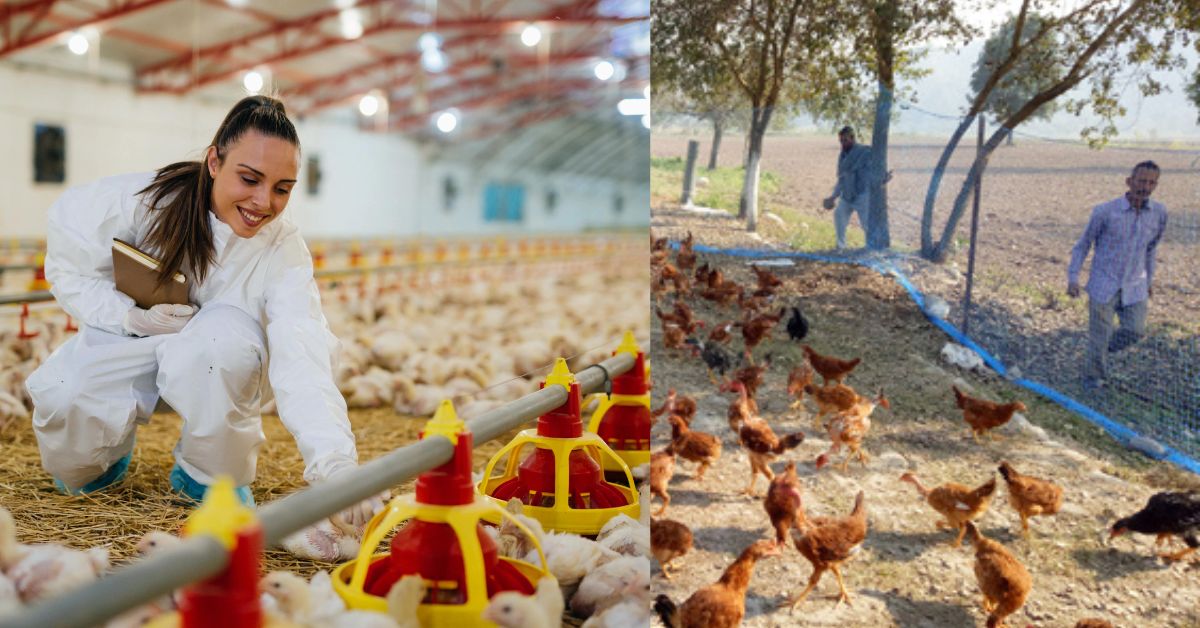Healthy Habits For Birds Farming
Introduction
This article covers the main challenges bird farm workers face and how developing healthy habits can help overcome them.
Building a Strong Foundation: Physical Fitness
Embrace Strength Training
Strength training is important for bird farm workers who need to lift heavy things and do repetitive tasks. Exercises for your core, back, and legs can make these tasks easier. Simple exercises like squats, lunges, and planks can be done anywhere without any equipment.
Stretch it Out
Stretching is very helpful. Spending 10-15 minutes doing dynamic stretches before and after work can make you more flexible, reduce muscle soreness, and prevent injuries. Focus on stretches that work your main muscle groups.
Cardio Counts
Cardio exercises are important too. Activities like brisk walking or cycling help your heart, increase energy levels, and reduce stress. Try to do cardio a few times a week.
Fueling Your Body: Nutrition for Peak Performance
Start Strong with Breakfast
Don’t skip breakfast. A breakfast with lots of protein, like eggs, yogurt, or beans, gives you energy for the morning. It helps you start your day right.
Pack Smart and Snack Wise
Plan your lunches and snacks to avoid unhealthy choices. Bring healthy foods like fruits, vegetables, whole grains, and lean proteins. These will keep your energy up all day.
Hydration is Key
Drink plenty of water. Carry a reusable water bottle and sip regularly. Dehydration can cause tiredness, headaches, and lower productivity. In hot weather, you might need to add electrolyte tablets to your water.
Mind Your Meals
Eat meals and snacks at regular times. This keeps your blood sugar stable, helping you avoid overeating or missing meals. Regular eating patterns support overall health.

Protecting Yourself from the Elements
Sun Safety
If you work outside, protect yourself from the sun. Wear sun-protective clothing, a wide-brimmed hat, and sunscreen with at least SPF 30. Reapply sunscreen every two hours, especially if you’re sweating or swimming.
Dress for the Weather
Wear the right clothes for the weather. Layer your clothes in cold weather and choose breathable, moisture-wicking fabrics in hot weather. Avoid cotton in the cold because it can hold sweat and make you colder.
Footwear Matters
Wear sturdy, waterproof shoes with good ankle support. This prevents slips, falls, and injuries from uneven or wet surfaces. Good footwear is an investment in your safety and comfort.
Take Breaks
Regular breaks are essential, especially in extreme weather. Take breaks in cool or warm areas to keep your body temperature regulated and prevent heatstroke or hypothermia. Listen to your body and rest when needed.
Combating Biosecurity Threats and Maintaining Hygiene
Prevention is Key
Good hygiene is crucial. Wash your hands with soap and water, especially before and after handling birds, their feed, or cleaning equipment. Use hand sanitizer when soap isn’t available.
Don the Gear
Personal protective equipment (PPE) helps protect you from dust, allergens, and potential pathogens. Wear gloves, masks, and boots as needed to keep yourself healthy.
Cleanliness Counts
Regularly clean and disinfect your boots, clothes, and equipment as per farm protocols. This helps prevent disease spread among birds and keeps the workplace healthy.
Vaccinations
Keep up-to-date with recommended vaccinations, especially for diseases common on poultry farms. Talk to your doctor about necessary vaccinations to protect your health.
Prioritizing Mental Wellbeing: Balancing Work and Life
Prioritize Sleep
Get 7-8 hours of sleep each night. Good sleep improves focus, mood, and boosts your immune system. Have a bedtime routine to ensure enough rest.
Manage Stress
Long work hours and tough tasks can cause stress. Find healthy ways to manage it, like exercising, deep breathing, or meditating. Spending time with loved ones also helps reduce stress.
Seek Support
If you feel overwhelmed, seek help. Talk to a friend, family member, or mental health professional. Having a support system is important for your mental health.
Maintain Work-Life Balance
Make time for hobbies and interests. This helps prevent burnout and supports overall well-being. Schedule activities you enjoy and that help you relax.

Creating a Culture of Safety
Identify and Avoid Hazards
Be aware of potential hazards at work. Look out for trip hazards, electrical wires, or confined spaces. Report any unsafe conditions to your supervisor immediately to keep the workplace safe.
Proper Lifting Techniques
Learn the right way to lift to avoid back injuries. Bend your knees, keep your back straight, and lift with your legs. Ask for help when lifting heavy objects.
Safe Equipment Use
Use equipment according to the manufacturer’s instructions. Proper use and maintenance of equipment are essential for safety. Regularly check that your tools and machines are working well.
Conclusion
Incorporating these healthy habits into your daily routine can greatly improve your well-being and productivity as a bird farm worker. From physical fitness and proper nutrition to protecting yourself from the elements and maintaining mental health, these practices ensure a long, healthy career
Adopting Healthy – Healthy Habits For Birds Farming

